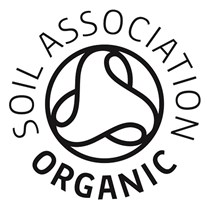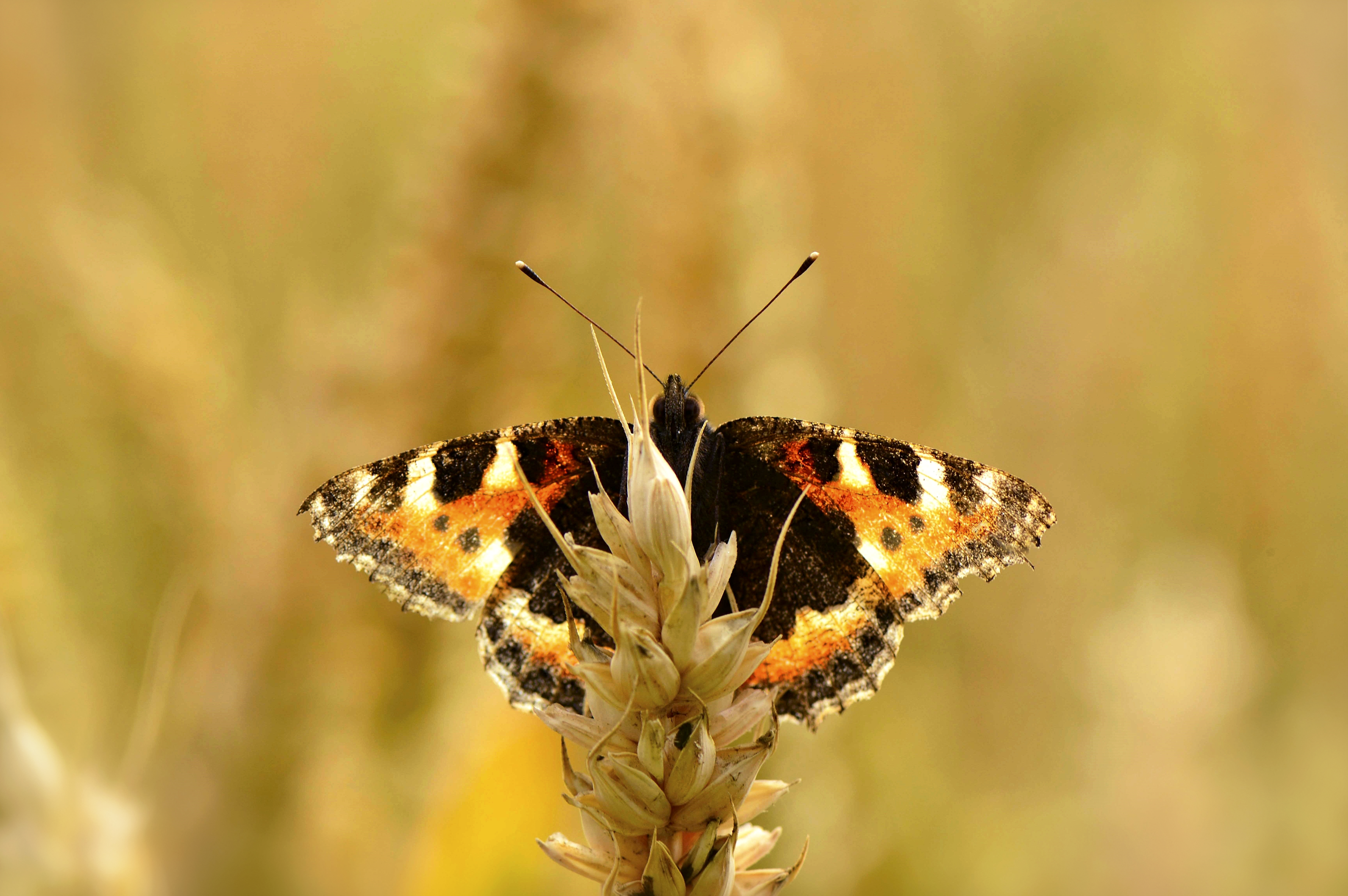
- Soil Association
- Who we are
- What is organic?

What is organic?
What is organic?
Organic describes a way of producing food, textiles and other products that sustains the health of soils, ecosystems, and people. It relies on nature’s processes, biodiversity and cycles, rather than the use of artificial inputs. Organic is built on tradition, and combines innovation, and science. It benefits the shared environment and promotes fair relationships and good quality of life for all involved.
The organic movement started in the 1940s. People were worried about the health effects of increasingly intensive farming systems following World War II. It’s now a global movement of around 4.5 million organic producers. Read more about that on our history of the Soil Association page.
The organic principles
Organic is based on four internationally recognised principles which underpin everything organic stands for today. These are:
- Health – Organic sustains and enhances the health of soil, plant, animal, human and planet as one and indivisible.
- Ecology – Organic is based on living ecological systems and cycles, works with them, emulates them and helps sustain them.
- Fairness – Organic builds on relationships that ensure fairness with regard to the common environment and life opportunities.
- Care – Organic is managed in a precautionary and responsible manner to protect the health and well-being of current and future generations and the environment.
How can you tell it’s organic?
These principles are put into practice through our organic standards.
Unlike many green claims, the term organic is protected in law. This means that any food product that claims to be organic must have met strict rules. These rules cover everything, including how it’s grown, made and sold.
The Soil Association Symbol appears on products that have not only followed these strict rules but have also met the higher standards set by the Soil Association. These standards aim to more fully reflect the organic principles of health, ecology, fairness and care. They are stricter in some areas, like animal welfare, environmental protection and human health. The logo helps build value, trust and integrity for everyone.
Find out more about the Soil Association's organic certification in food and farming, textiles and beauty.
-
Organic food and farming
Organic farming is a whole-system approach to sustaining the health of soils, ecosystems, and people. Soil Association organic standards cover how food is grown, harvested, processed and supplied ready for consumption. 70 percent of organic food and drink products in the UK feature the Soil Association organic logo.
Find out more about organic food and farming.
-
Organic textiles
Clothes and textiles can legally be labelled as organic without being certified. The Soil Association certifies organic clothing using the Global Organic Textile Standard (GOTS) logo. GOTS verifies the organic origin of the product and covers the entire supply chain, from the first stage of processing to trading and retailing with standards that cover environmental, social and chemical requirements. All natural fibres used to make organic clothes, come from organic certified farms.
Find out more about organic textiles and the GOTS logo.
-
Organic beauty
The term organic is unregulated for beauty and wellbeing products. Soil Association certification has teamed up with four international partners to create COSMOS. COSMOS is a global standard that sets rules for companies to make genuine organic or natural cosmetics using the best possible sustainability practices.
Find out more about organic beauty and COSMOS.


